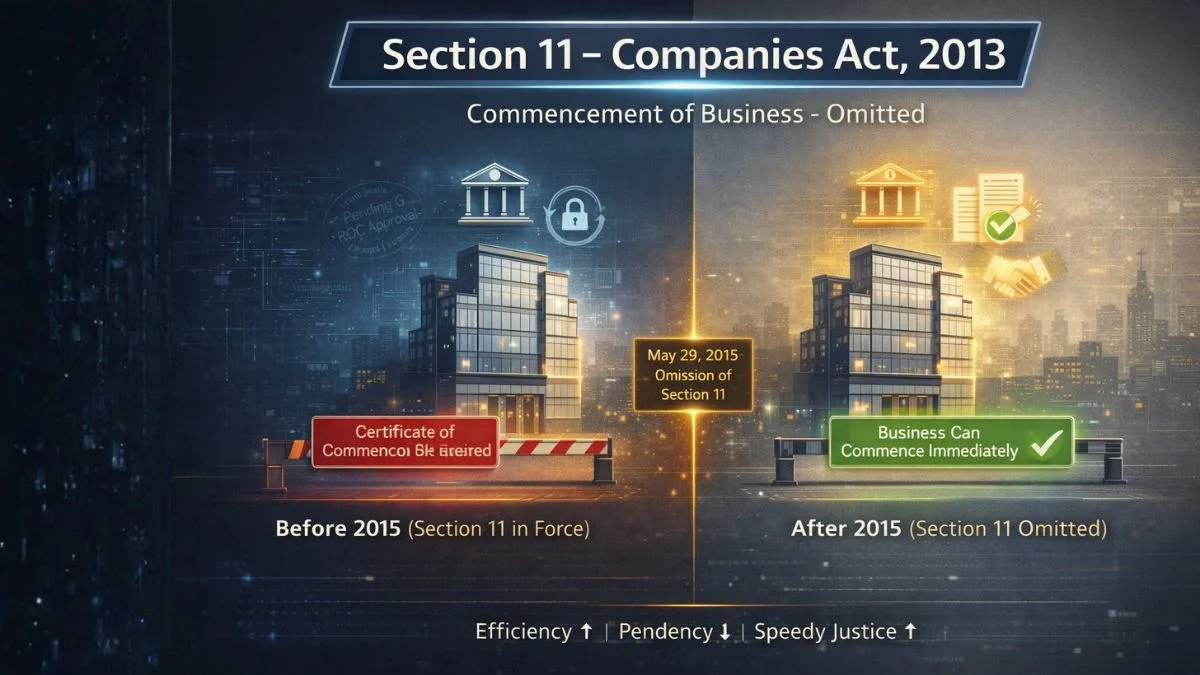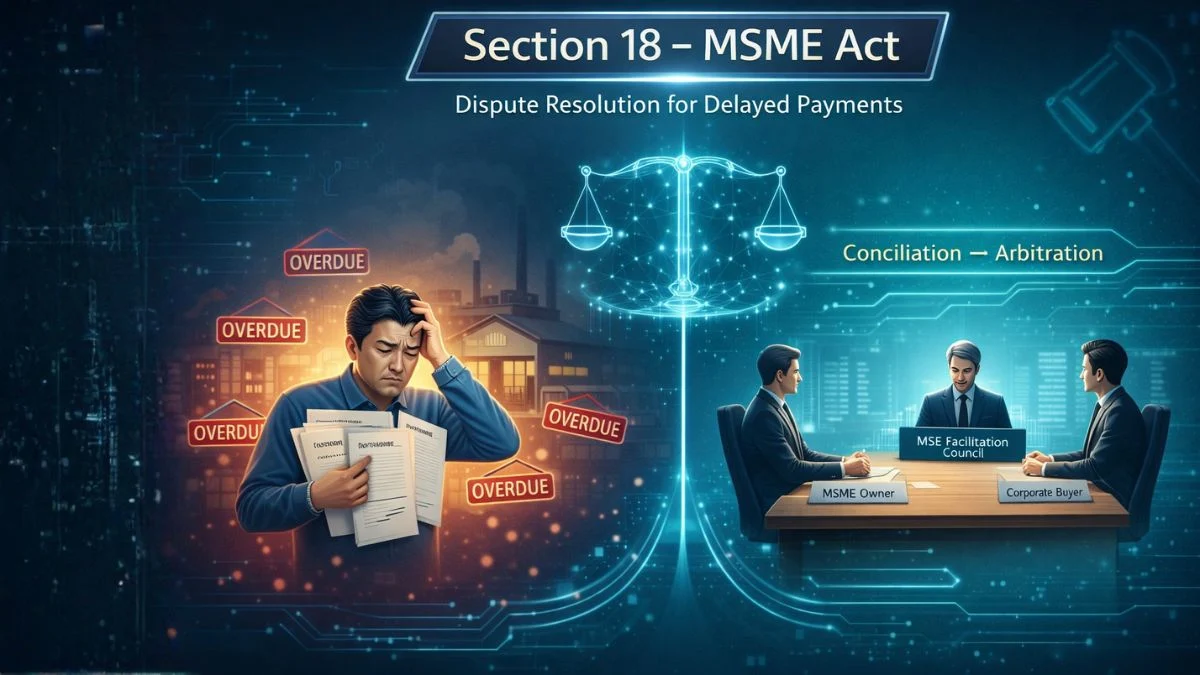
What Happens If I Do Not File ITR in India?
Updated Guide for FY 2024–25 | AY 2025–26
Filing your Income Tax Return (ITR) is not just a financial formality—it’s a legal obligation if your income crosses the basic exemption limit.
But what if you skip filing?
What are the consequences if you do not file your ITR at all?
Whether you’re salaried, a freelancer, or running a business, this article explains the penalties, risks, and hidden drawbacks of not filing your return on time in India.
🧾 Is Filing ITR Mandatory for Everyone?
Filing ITR is mandatory if:
• Your gross total income (before deductions) exceeds:
o ₹2.5 lakh (under 60 years)
o ₹3 lakh (senior citizens 60–79 years)
o ₹5 lakh (super senior citizens 80 years)
It’s also compulsory if you:
• Want to claim a refund
• Are you applying for a loan or a visa
• Have foreign assets or income
• Need to carry forward capital losses
• Have high-value financial transactions (FDs, credit cards, property, etc.)
❌ What Happens If You Do Not File ITR?
1. Penalty under Section 234F
If you fail to file ITR by 31st July 2025 (for FY 2024–25), you may have to pay a late filing fee:
| Total Income | Penalty Amount |
| Up to ₹2.5 lakh | ₹0 |
| ₹2.5L – ₹5 lakh | ₹1000 |
| Above ₹5 lakh | ₹5000 |
2. Interest on Unpaid Tax (Section 234A)
If any self-assessment tax is unpaid, you’ll be charged 1% interest per month from the original due date till actual payment.
3. Loss of Refund
If TDS is already deducted and you don’t file ITR:
• You lose the chance to claim a refund
• Your money remains with the government
4. No Carry Forward of Losses
Missed ITR = No carry forward of:
• Business loss
• Capital loss (e.g., from mutual funds or shares)
• House property loss beyond ₹2 lakh
These tax benefits are permanently lost.
5. Scrutiny Notices & Legal Action
The IT Department can issue a notice under:
• Section 148 (income escaping assessment)
• Section 271F (non-filing penalty in special cases)
They can initiate prosecution under Section 276CC:
• Punishable with 3 months to 7 years of imprisonment in extreme cases
6. TDS at Higher Rates (Section 206AB)
If you don’t file ITR for 2 consecutive years, banks, companies, and buyers may:
• Deduct TDS at double the rate or 5%—whichever is higher
• This applies to FD interest, professional fees, rent, etc.
7. Visa and Loan Rejection
Most embassies and financial institutions ask for the last 2–3 years' ITR:
• For home loans
• For business tenders
• For student or travel visas
Failure to provide ITR can result in rejection.
🛠️ Can You File After the Deadline?
Yes, you can file a belated return up to 31st December 2025 (for FY 2024–25).
However:
• You’ll have to pay a penalty interest
• You’ll lose certain benefits (e.g., loss carry forward)
After 31st Dec, you can file ITR-U (updated return) under Section 139(8A)—but only if:
• You’re declaring additional income
• You can’t reduce tax or claim a refund
Penalty: 25% to 50% extra tax
Final Words
Skipping ITR filing isn’t just risky—it can lead to financial loss, legal trouble, and reputational damage. Even if your income is below taxable limits, filing a Nil return is a smart move.
Don’t wait for a notice to arrive—file your return on time and stay in control of your financial narrative.
👉 https://callmyca.com/business-tax-filing







